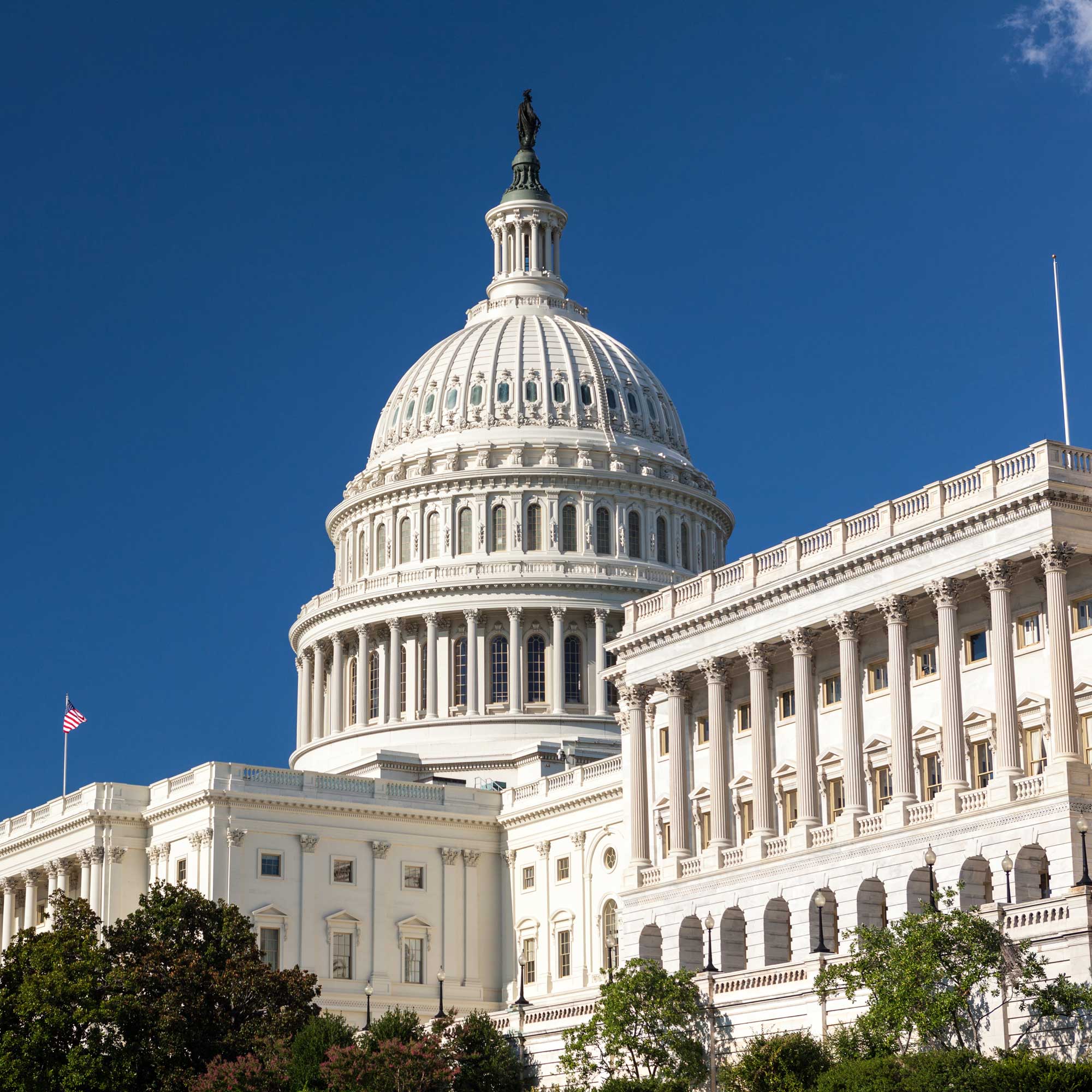USApple continues to advocate for the timely and safe processing and arrival of H-2A workers through our work with the administration and key congressional offices. On March 16, the State Department announced it would no longer process visas through the Monterey, Mexico embassy. USApple and other agriculture groups immediately swung into action contacting key members of Congress and the Trump Administration. We wrote Secretary of State Mike Pompeo as did a number of Members of the House and Senate.
As a result, the State Department issued a clarification that as essential workers, H-2A and H-2B visas would continue to be processed and prioritized. To further facilitate this, consular officers can, if they so choose, now waive the visa interview requirement for first-time and returning H-2 applicants who have no apparent ineligibility or potential ineligibility.
This expansion also increases the period in which returning workers may qualify for an interview waiver. Applicants whose previous visas expired in the last 48 months, and who did not require a waiver of ineligibility the last time they applied, do not need to be interviewed in-person if they are applying for the same visa classification as their previous visa.
Industry Letter to Secretary Pompeo
House Letter to Secretary Pompeo
As visa processing was halted in Mexico, the embassy in Kingston, Jamaica was completely shut down as a staff person tested positive for the virus. The closure occurred as many users of the Jamaican program were expecting their first workers to arrive. USApple worked with the office of Senator Patrick Leahy (D-Vt.) to gain bipartisan support for a letter outlining concerns and urging the State Department to find alternative ways to process workers. The embassy has now reopened, but this scenario could play out again in Kingston or at any of the embassies.
On March 27, the Coronavirus Aid, Relief and Economic Security (CARES) Act was passed by Congress and signed by President Trump. Included in the law is $9.5 billion for agriculture to be allocated to livestock, dairy, local foods and specialty crops. USApple is working on our own and with other produce organizations to ensure that specialty crops receive an equitable portion of those funds and that all current and future financial losses including sales, increased production costs and the potential for labor shortages are taken into account.
USApple joined 85 produce organizations in a letter to Agriculture Secretary Perdue outlining the needs of specialty crops.
At the same time, more than 100 House members wrote Secretary Perdue requesting that USDA “provide direct support to the specialty crop producers across our nation who are facing immediate and substantial financial challenges. These producers are experiencing significant losses with more losses expected in the coming days weeks and potentially months.” The letter was led by Rep. Jimmy Panetta (D-Calif.) and Rep. Fred Upton (R-Mich.) with nearly all “apple” members signing it.
USApple continues to advocate for the industry as the funds in the CARES Act are allocated and additional funding packages are passed. We are looking ahead to summer and fall and the potential impact of worker shortages or increased costs due to social distancing measures and other practices.
Industry Letter to Secretary Perdue
House Letter to Secretary Perdue





